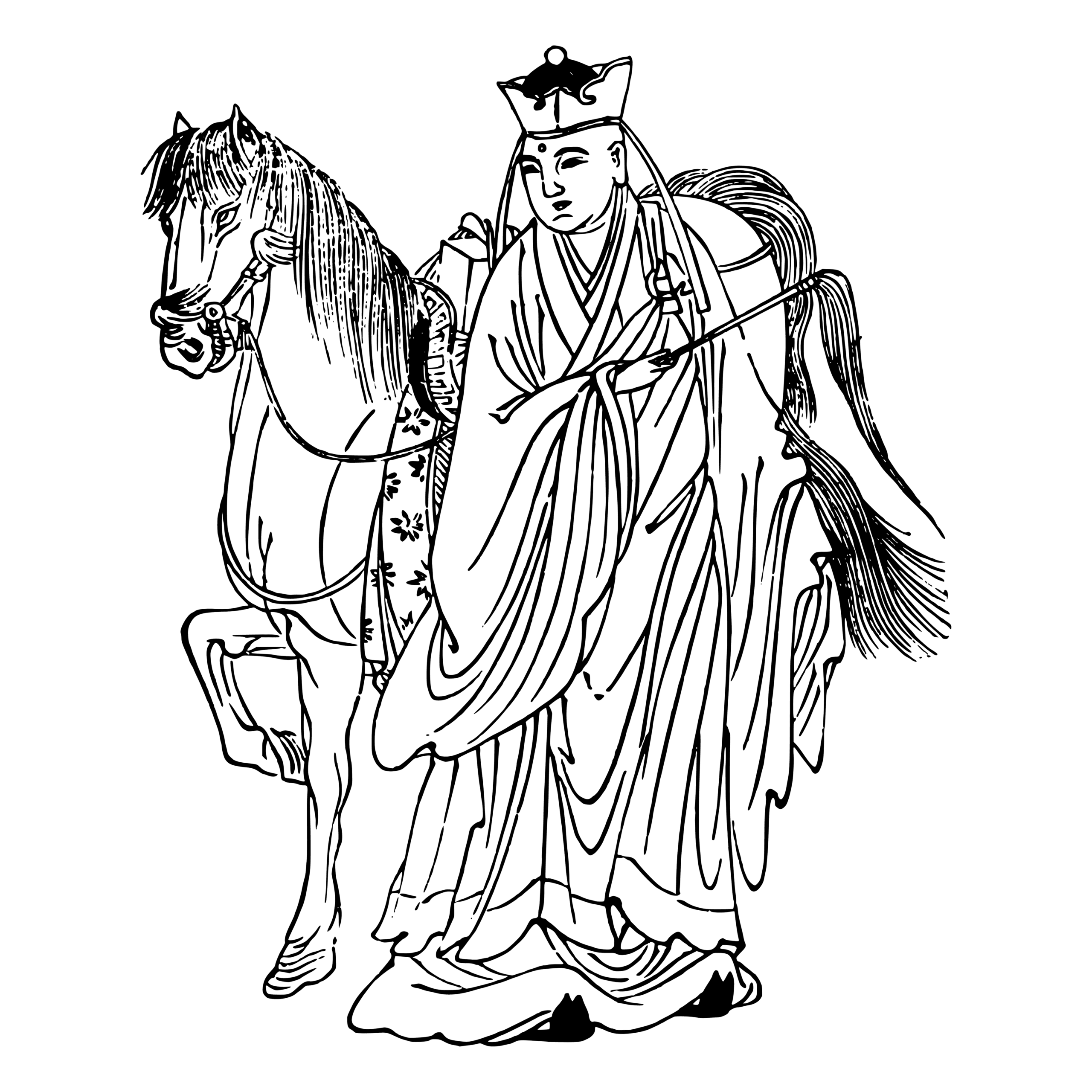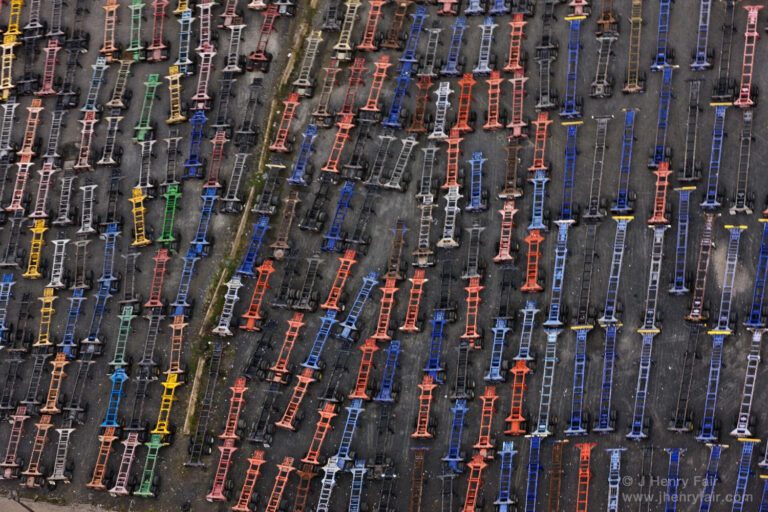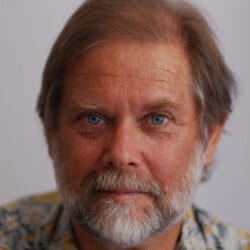A farmer had only one horse. One day, his horse ran away.
His neighbors said, “I’m so sorry. This is such bad news. You must be so upset.”
The man just said, “Maybe.”
A few days later, his horse came back with a wild horse following. The man and his son corralled the horse.
His neighbors said, “Congratulations! This is such good news. You must be so happy!”
The man just said, “Maybe.”
The wild horse threw the man’s only son, breaking both his legs.
His neighbors said, “I’m so sorry. This is such bad news. You must be so upset.”
The man just said, “Maybe.”
The country went to war, and every able-bodied young man was drafted to fight. The war was terrible and killed every young man, but the farmer’s son was spared, since his broken legs prevented him from being drafted.
His neighbors said, “Congratulations! This is such good news. You must be so happy!”
The man just said, “Maybe.”








